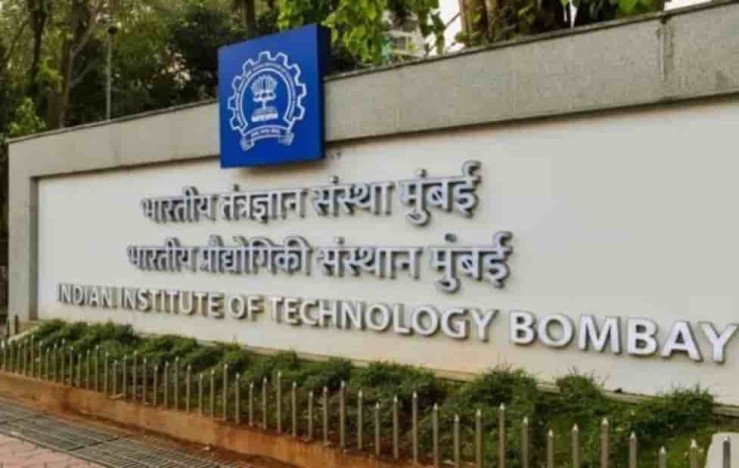Last Updated Sep - 03 - 2025, 11:19 AM | Source : PIB | Visitors : 56
Assessing the potential impact of HECI on India's higher education landscape.

The establishment of Higher Education Commission (HECI) in higher education reforms in India reflects a significant turn. Its purpose is to eliminate the scattered inspection system and make the government accessible through the Integrated Regulatory Authority. HECI aims to creating integrated structure by incorporating the University Grants Commission (UGC), All India Council of Technical Education (AICTE) and National Teacher Education (NCTE), which will be in line with the National Education Policy (NEP) 2020.
HECI's declared focus is to ensure academic quality, set solid standards for teaching and research, simplify the recognition process and promote institutions that meet global standards. Although the government's slogan of "less government, excess governance" is widely resonating, it would be necessary to test the initiative in the context of structural challenges that have been affecting the region for decades.
It has been a reality in history that the repetition of various regulatory bodies was present-UGC for technical institutions, AICTE for technical colleges and NCTE for teacher education. It gave rise to overlap of works, repeated standards and bureaucracy inertia. The integration of HECI tries to establish separate verticals for regulation, recognition, financing and educational standards, with expectation that their division will reduce the conflict of interest, simplify compliance and encourage innovation and efficiency.
A significant change with HECI is that it will get far more enforcement rights than the predecessor UGC, including the power to impose fines or close the rules that break the rules. This expansion of powers shows a different path from the previous regulatory boundaries, which will give the Commission unprecedented control over institutional compliance and accountability.
However, critics warn that the plan to conduct annual evaluations of all higher educational institutions may be impractical given the sheer number of universities and colleges across India. The model of mandatory authorization for both new and existing institutions rekindles anxieties about bureaucratic bottlenecks, especially as the power to withdraw authorization and close institutions looms large.

Feb - 21
The Uttar Pradesh government led by Chief Minister Yogi Adityanath has announced significant development projects for Shahjahanpur. The district wi... Read More

Feb - 21
Microsoft has announced a large scale initiative to equip teachers across India with artificial intelligence skills. Under the programme called Mic... Read More

Feb - 21
India’s premier engineering institutes are introducing a major academic reform. Starting this academic year, students of the Indian Institute... Read More